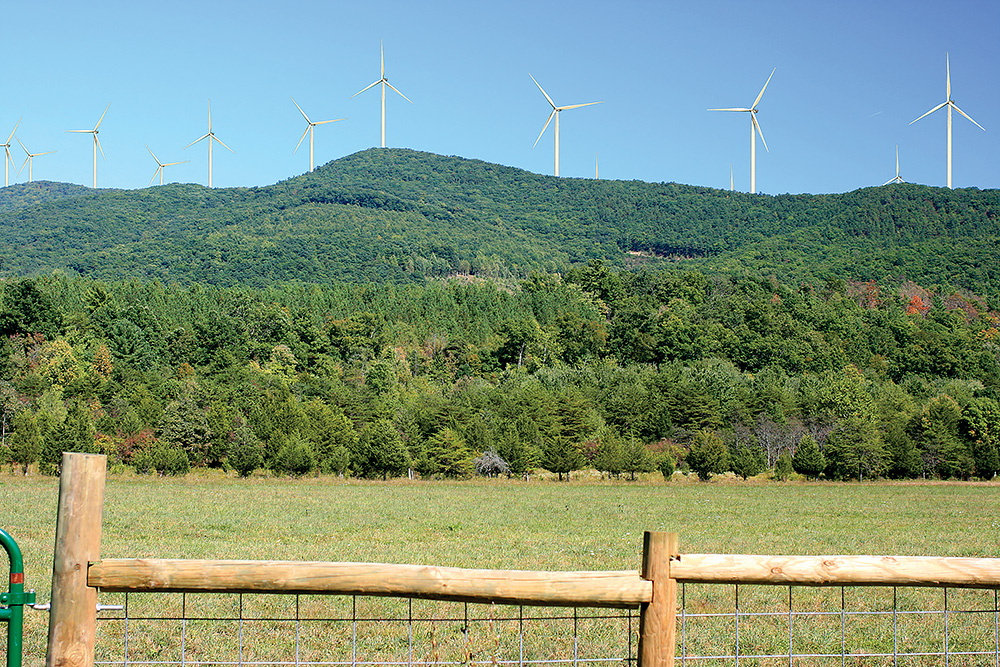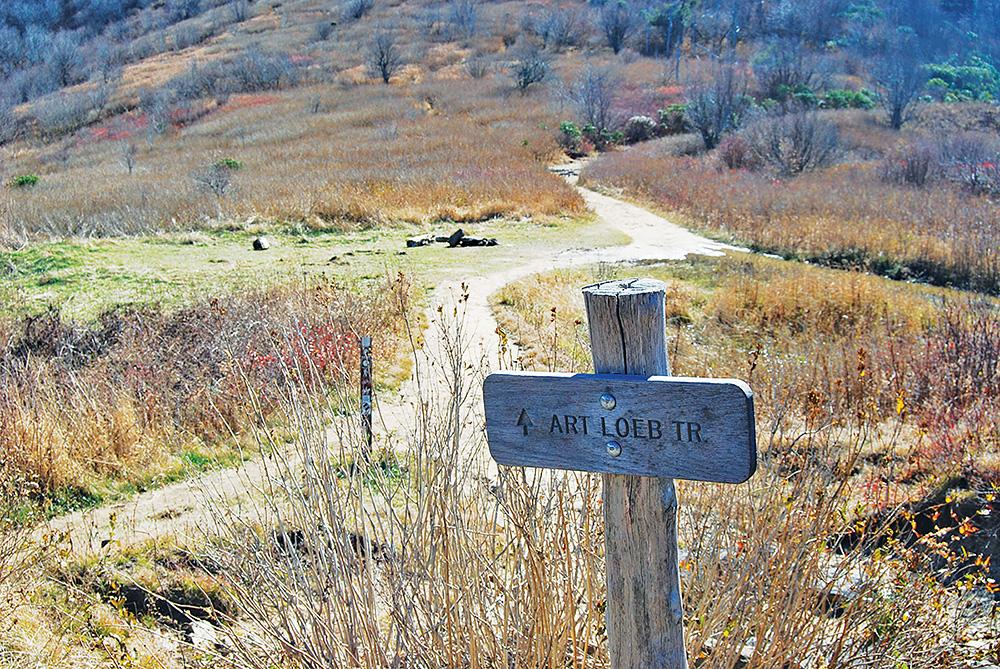Cleaning Up Coal Ash
For well over a century, power plants across the country have burned coal to generate electricity. And for just as long, leftover coal ash has been dumped in open, unlined pits near the power plant, usually located on a river or lake. Every year, U.S. power plants produce 130 million tons of coal ash, which is the second largest waste stream in the country after municipal garbage.
Coal ash concentrates the toxic heavy metals found in coal, including arsenic, mercury, lead and selenium. Stored in unlined, wet impoundments, coal ash has been leaking these toxics into our groundwater and surface waters for years. Sometimes these impoundments collapse — with disastrous results.
Yet government regulations for coal ash management are either non-existent or sparse, and there is little enforcement of the regulations that do exist. In North Carolina, this lack of oversight — and the complicity between state regulators, elected officials and Duke Energy — came to a boiling point in February 2014 when one of Duke’s coal ash impoundments spilled 39 million tons of ash into the Dan River.
Citizens living near North Carolina’s 33 coal ash impoundments — all of which have leaked — have fought for transparency from Duke and the state, and for cleanup of the pollution that threatens their property value, health and family. Their actions forced this issue into the headlines of news networks and to the forefront of environmental justice conversations in the United States.
Appalachian Voices stood with these communities as we worked for years to compel Duke Energy and the N.C. Department of Environmental Quality to excavate coal ash from all the North Carolina sites and dispose of it either in lined, dry landfills, away from waterways, or by recycling it for concrete or other uses, provided it’s done in a manner that protects public health and the environment.
On Jan. 2, 2020, North Carolina announced a historic settlement with one of the state’s most powerful corporations and polluters, Duke Energy. The settlement requires Duke to move nearly 80 million tons of toxic coal ash at six of its power plants to properly lined landfills onsite or recycle it.

Learn information about specific coal ash impoundments in the South, including health threats and safety ratings:
Additional Resources
Fact sheets, videos, links to academic research, and more
Sign Up to Act
Help us protect the health of our communities and waterways.
Latest News
Energy Savings progress in 2017 provides momentum for 2018
From community resolutions to Pay As You Save, 2017 has been quite the year for the Energy Savings for Appalachia campaign. Read about our campaign this year and find out how you can get involved!
A roadmap to boosting solar in Southwest Virginia
Last week, the Solar Workgroup of Southwest Virginia released an outline for bringing a just, sustainable energy economy to the coalfield region.
Hydropower Storage: All it’s pumped up to be?
Recent Virginia legislation has made pumped storage energy projects much more appealing to energy companies — and while Dominion Energy’s proposed project could potentially reuse abandoned mine lands, it could also permanently mar the landscape.
Mountain Wind
While the Southeast currently has the least amount of installed wind energy in the United States, Virginia could soon see its first wind farm.
Section Hiking the Art Loeb Trail
An 8.3-mile hike to the top of Shining Rock is perhaps the most scenic portion of the 30-mile Art Loeb Trail.
Youth Build Turbines for KidWind Challenge
Groups of kids all over the nation gather to see who can design and build the best wind turbine. Southwest Virginia’s Off the Grid team won nationals earlier this year.










